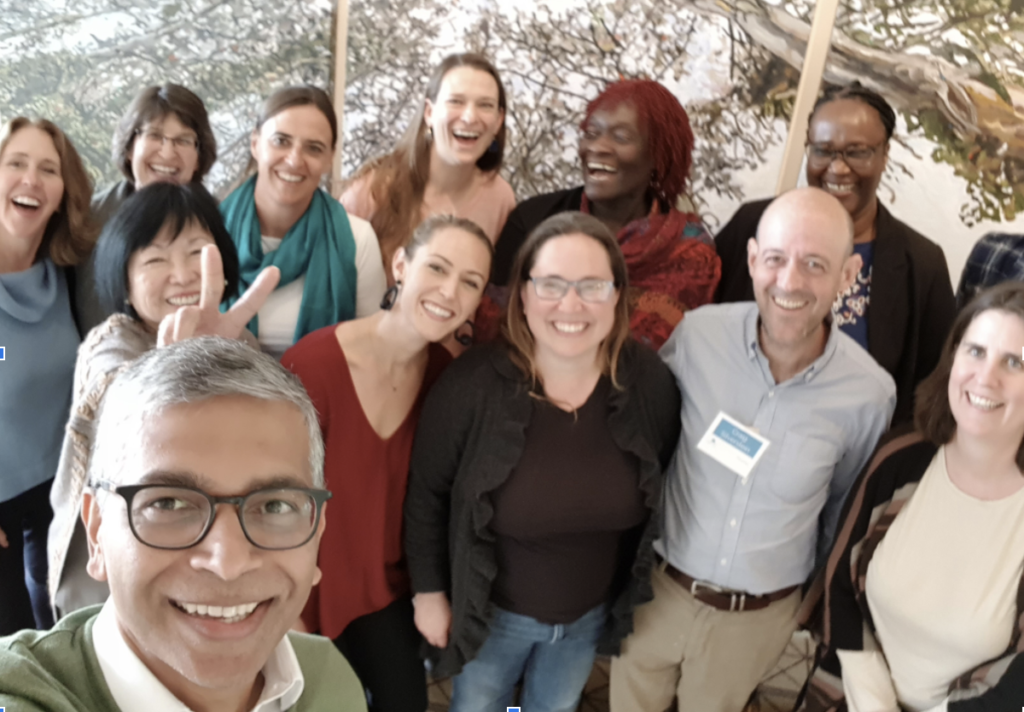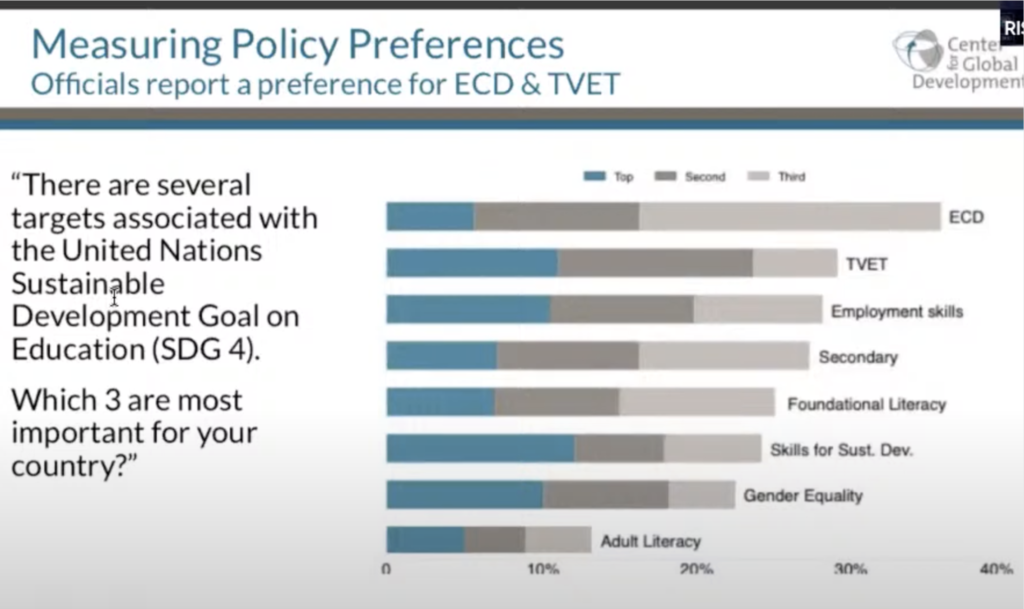This month we are mourning the loss of Echidna Giving advisor and friend, Girindre Beeharry. Girin was on our advisory board since we founded it in 2016. As our founders, Craig and Mary, expressed, “He brought a hard head for data and evidence, an open curiosity for thinking outside the box, and a kind heart. His thinking deeply influenced our philanthropy and support for the girls’ education space.” Girin also challenged the entire sector to work with urgency and focus toward providing better education opportunities for children around the world. You can read his manifesto for the sector — and a range of responses that pushed us to think deeply about these issues — here. He is deeply missed.

September marked eighteen months of school closures for the nearly 77 million students in systems where schools have yet to open. The World Bank and countless others have increased the urgency of their call to reopen schools as soon as possible.
Part of this urgency is driven by more and more evidence of the devastating effects on children. In Karnataka, India, ASER found that close to a year of “learning loss.” Jean Dreze and colleagues found that among rural students in India, a mere 8% are studying regularly online and 37% not studying at all.
Is it possible to effectively teach girls remotely while schools are closed? What do we know about the effects of COVID-19 on girls’ return to school? Find out in the first two pieces our team wrote synthesizing findings from Echidna Giving’s grants related to COVID-19. (Stay tuned — we plan to share a third piece next month!) Separately, this open access edited volume looks at the short-term educational impact of the covid-19 on education in 13 countries around the world.
In Afghanistan, the Taliban has banned girls from secondary education, a harsh new reality for Afghan women and girls.
The Research on Improving Systems of Education (RISE) Program hosted its annual conference this month. You can watch each and every session here (I especially recommend the “Trash This!” session) and/or read David Evans’ rundown of findings from the 32 papers presented here. You can also check out the broader set of evidence generated by RISE in the newly-launched Edsyclopedia — “a stable, cumulative, collaborative wiki for synthesizing research on education systems.” Here are some of the research highlights most relevant to girls’ education:
- COVID-19 may have gendered effects on learning loss after all. Contrary to much of the other evidence we have seen to-date, a study in South Africa found that Grade 4 learning loss was 27% higher for girls than for boys. Overall, early-grade students lost between 57% to 81% of a year of learning, as measured by reading outcomes. Interestingly, it was girls and those with higher reading scores to begin with who appeared to lose the most — the authors’ hypothesis is that because these were the children who were benefiting more from school before the pandemic, they suffered more from school closures.
- A 5-day STEM boot camp changed gender attitudes in Tanzania for girls (but not for boys). The effect was equivalent to Breakthrough’s program in India (which, inversely, changed boys’ attitudes more than girls’). Girls spent more time studying STEM and non-STEM subjects as a result. It looks like the effect mostly came through their changes in their perceived labor market earnings, with some increases in self-esteem and increased interest in STEM subjects as well.
- Goal-setting had a particularly positive effect for girls. A program in NewGlobe (Bridge) schools to help students set SMART goals for their learning boosted girls’ math and science scores by 0.37 SD.
- Data on violence in schools remains anemic. An intervention in Peru helped increase reports of violence, but did not (or at least not yet) impact educational outcomes (dropouts or test scores). There are very few studies looking at violence in schools and none have documented links to learning outcomes.
- Government officials report ECD and TVET as key priorities — foundational literacy and gender equality are lower on the list. A survey of government education officials in 36 countries looked at which of the elements of the SDGs were their country’s top three priorities. ECD topped the list, followed by TVET and Employment Skills. Gender Equality is near the bottom of the list.

One theme that resonated across multiple sessions at the RISE conference was the idea that we might want to spend more time focusing on teacher support rather than teacher accountability. For example, in India Pratham helps communities support teachers and gives them tips on how to monitor learning outcomes. In Mexico, giving parent associations information on how to support their children’s learning reduces dropout rates and disciplinary actions in schools. It also increases trust between parents and teachers by establishing a common purpose. In Tanzania, a government reform sought to shift inspectors’ role from accountability to support for learning. There were modest effects when inspectors got reminders, but the effects could improve if inspectors got more guidance on how to give more specific instructional guidance.
Similarly, a new playbook from the Brookings Institution highlights how schools can collaborate more with families to transform and improve education systems. It argues that “families and schools must have a shared understanding of what a good quality education looks like” and can work more collaboratively in pursuit of this to support better outcomes for children.
For even more happenings in girls’ education this month, check out:
- The first Socio-emotional skills report launched by the OECD
- Education.org’s white paper on the education knowledge bridge, which aims to advance evidence use in education.
- What we know (and don’t know) about persistent social norms that serve as barriers to girls’ access, participation, and achievement in education in 8 sub-Saharan African countries
- A new study on the effects of sanitary pad distribution in Kenya, showing no evidence of impact on attrition or attendance, but some on reproductive health knowledge.
